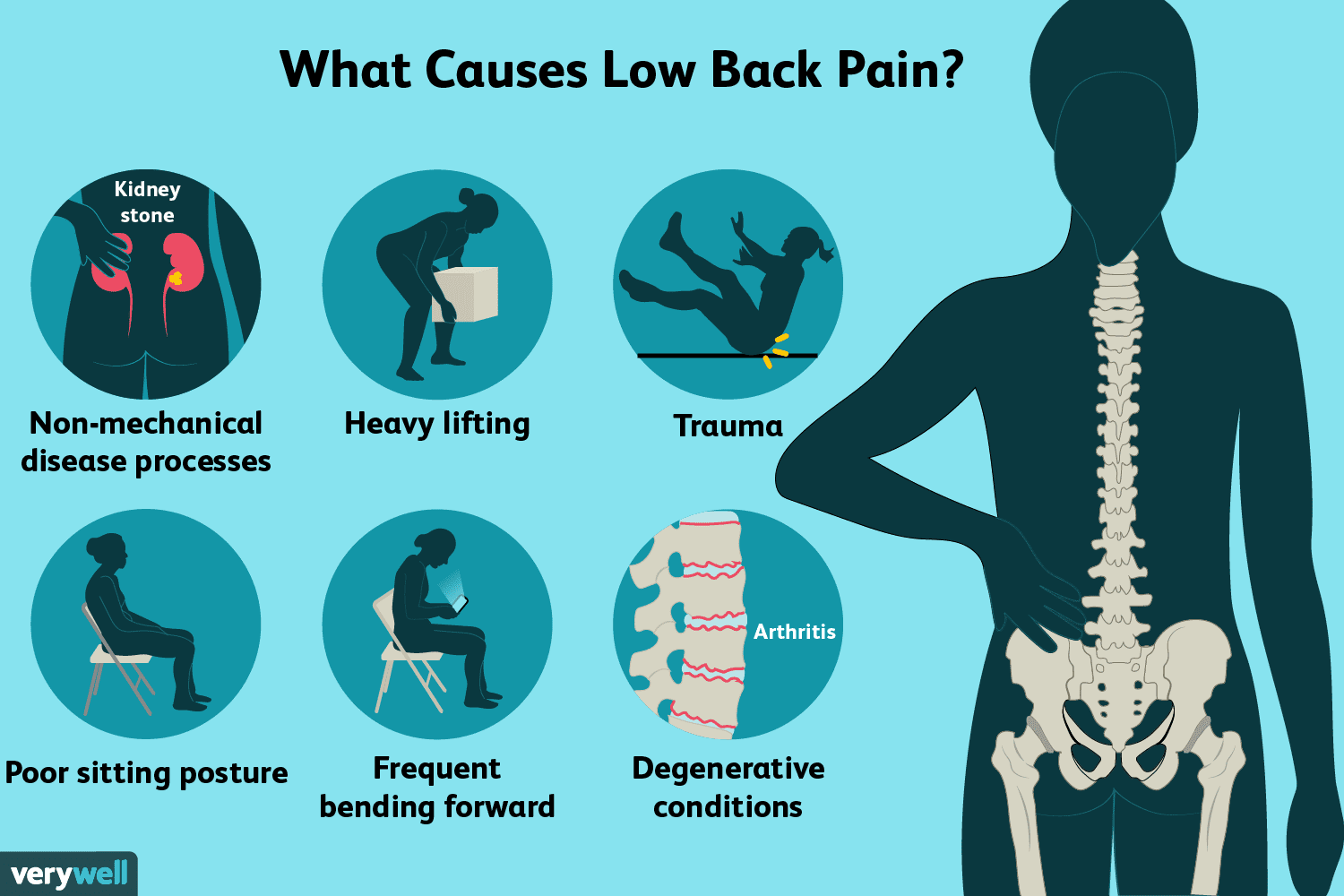In today’s fast-paced world, many of us find ourselves sitting for long periods of time, whether it’s at work, during our daily commute, or while relaxing at home. However, a sedentary lifestyle can have serious implications for our health. The human body is designed for movement, and when we don’t get enough of it, our physical and mental well-being can suffer.
Here are some of the dangers of a sedentary lifestyle and how sitting too much can affect your health:
1. Increased Risk of Chronic Diseases
Research has shown that prolonged sitting can increase the risk of developing chronic diseases such as heart disease, diabetes, and certain types of cancer. When we sit for extended periods, our muscles burn less fat and our blood flow slows down, which can lead to a buildup of fatty acids. This can increase the risk of cardiovascular problems and insulin resistance, which is a precursor to type 2 diabetes.
2. Weight Gain and Obesity
When we sit for long periods, we burn fewer calories than when we are moving around. This can lead to weight gain and ultimately obesity, which is a major risk factor for a range of health problems, including heart disease, stroke, and certain types of cancer. Additionally, a sedentary lifestyle can lead to the loss of muscle mass and a decrease in metabolism, making it even harder to maintain a healthy weight.
3. Poor Posture and Musculoskeletal Issues
Sitting for long periods can also lead to poor posture, as the muscles in our back and core weaken from lack of use. This can result in chronic back, neck, and shoulder pain, as well as musculoskeletal issues such as herniated discs and sciatica. Over time, these problems can significantly impact our quality of life and lead to long-term disabilities.
4. Mental Health Issues
A sedentary lifestyle can also have negative effects on our mental health. Studies have shown that prolonged sitting is associated with an increased risk of anxiety, depression, and other mental health issues. Physical activity has been shown to have a positive impact on mood and overall mental well-being, so when we don’t move enough, it can take a toll on our mental health.
5. Reduced Life Expectancy
Perhaps most alarmingly, a sedentary lifestyle has been linked to a reduced life expectancy. Research has shown that sitting for more than three hours per day can shave years off of our life expectancy, even if we engage in regular physical activity outside of that time. This means that even if we exercise regularly, the negative effects of sitting for long periods cannot be fully offset.
Conclusion
It’s clear that a sedentary lifestyle can have serious implications for our health. The good news is that there are steps we can take to mitigate these dangers. Incorporating more movement into our daily routines, such as taking regular breaks to stand and stretch, using a standing desk, and engaging in regular physical activity, can help counteract the negative effects of sitting too much. By being mindful of our sedentary habits and making an effort to move more, we can protect our health and well-being in the long run.
FAQs
Q: How many hours of sitting is considered too much?
A: The general consensus is that sitting for more than eight hours a day is considered too much and can have negative effects on our health. It’s important to take regular breaks to stand, stretch, and move around throughout the day.
Q: What are some strategies for reducing sitting time?
A: Some strategies for reducing sitting time include using a standing desk, taking regular breaks to stand and stretch, incorporating more physical activity into your daily routine, and being mindful of sedentary behaviors such as excessive screen time.
Q: Can regular exercise counteract the negative effects of sitting too much?
A: While regular exercise is important for overall health, research has shown that even engaging in daily physical activity may not fully offset the negative effects of prolonged sitting. It’s important to incorporate movement into your daily routine and not rely solely on structured exercise to counteract the dangers of a sedentary lifestyle.







